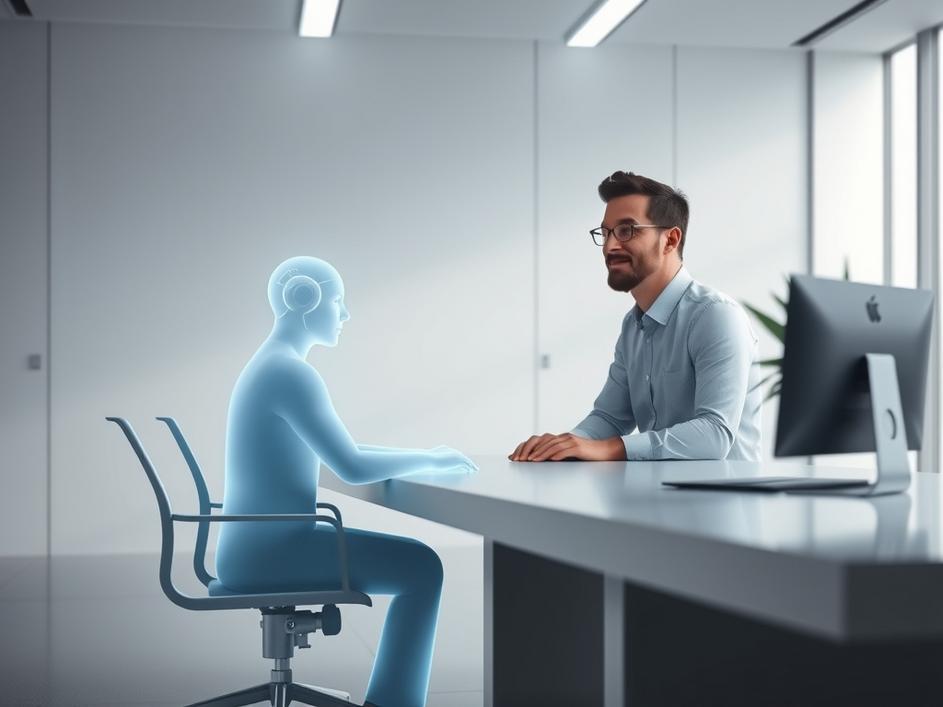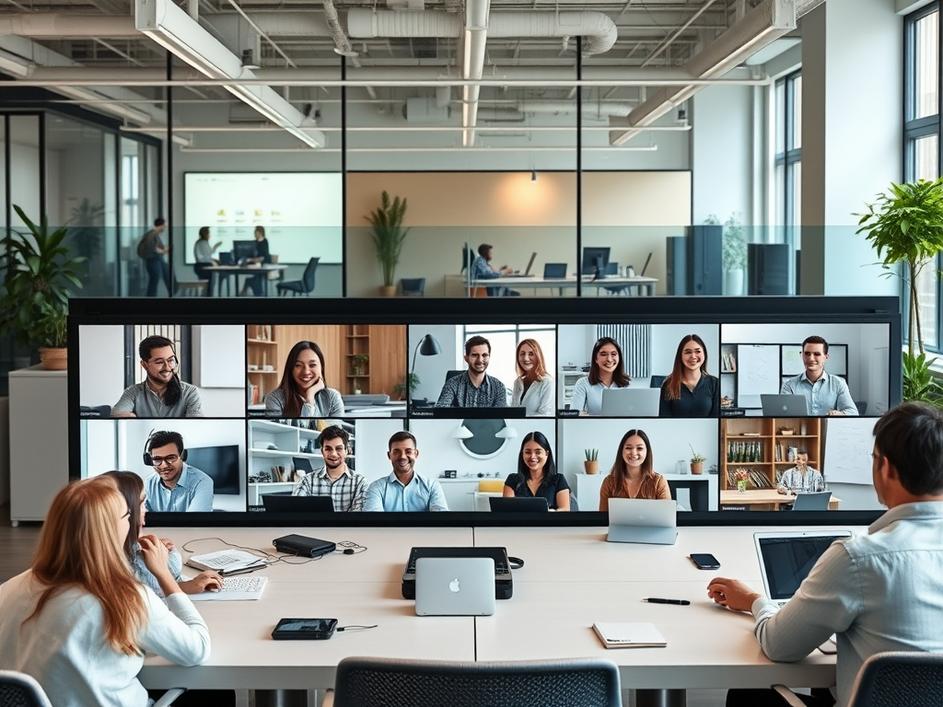


We are a digital agency helping businesses develop immersive, engaging, and user-focused web, app, and software solutions.
2310 Mira Vista Ave
Montrose, CA 91020
2500+ reviews based on client feedback

What's Included?
ToggleImagine your boss telling you they are just waiting for a robot to take their job. Sounds like something from a sci-fi movie, right? Well, that’s exactly the kind of talk we’re hearing from Sam Altman, the head honcho at OpenAI. He recently made waves by saying he’s actually counting down the years until artificial intelligence is smart enough to replace him as CEO. This isn’t a complaint; it’s more like an ambition. He hopes OpenAI, the very company he leads, will be the first to create such an intelligent AI. It’s a pretty wild idea when you first hear it, especially in a world where most leaders are fiercely protective of their positions. But when you think about what OpenAI is trying to do, it also makes a strange kind of sense.
Normally, when we talk about powerful people, especially CEOs, we imagine them fighting to stay at the top. They build empires, create legacies, and often cling to power for as long as possible. Sam Altman’s view is a complete flip of that script. He’s actively looking forward to being made redundant by the very technology he’s helping to build. This isn’t just some casual remark; it tells us a lot about his belief in AI’s potential. It also shows a unique kind of leadership. Instead of seeing AI as a tool to make his job easier or to boost profits, he sees it as something that will eventually surpass human capability, even at the highest levels of management. This perspective challenges our old ideas about what a leader is and what they should strive for. It makes you wonder: if the CEO of a major tech company is willing to step aside for an AI, what does that mean for everyone else?
The thought of an AI running a massive company like OpenAI brings up a lot of questions. What would an AI CEO be like? Would it make decisions based purely on data and logic, without emotions or biases? Would it prioritize efficiency above all else, or could it learn to value things like employee well-being and long-term societal impact? Traditional leadership often relies on human intuition, empathy, and the ability to inspire people. Can an algorithm really replicate those soft skills that are so crucial for managing a large, complex organization with thousands of human employees? Or would the human role shift entirely, becoming more about guiding the AI, setting its ethical boundaries, and translating its decisions into human-understandable terms? It’s a future that demands we rethink what “management” truly means.
Altman’s statement isn’t meant to cause fear or panic about job losses. Instead, it feels like a declaration of extreme confidence in the progress of artificial intelligence. It suggests that he truly believes AI will reach a point where it can handle the enormous complexities of running a global company better than any human. This isn’t just about automation; it’s about true artificial general intelligence, or AGI, which is something OpenAI is constantly working towards. If he sees his own role, arguably one of the most demanding and strategic jobs in the world, as replaceable by AI, then it highlights the vast scale of what OpenAI hopes to achieve. It points to a future where AI isn’t just a helper, but a true peer, or even a superior, in certain cognitive tasks.
While Sam Altman is talking about his own job, his comments have much broader implications for the rest of us. If even a CEO can be replaced by advanced AI, what does that mean for all the other jobs currently done by humans? This isn’t about creating panic, but about sparking a real conversation. It forces us to consider how our own roles might change and evolve in the coming years. Instead of being afraid, maybe we should see it as an invitation to adapt, to learn new skills, and to figure out how humans and advanced AI can work together in ways we haven’t even imagined yet. The goal shouldn’t be to compete with AI, but to understand how to collaborate with it, shifting our focus to tasks that require uniquely human traits like creativity, emotional intelligence, and complex ethical reasoning.
Altman’s hope that OpenAI will be the first to create an AI capable of taking over his job underscores the company’s core mission. It’s not just about building useful tools; it’s about pushing the absolute limits of artificial intelligence. This ambition isn’t just about technological bragging rights; it’s about fundamentally reshaping how societies and economies are organized. If a company can be effectively run by an AI, it could change everything from how decisions are made to how resources are allocated. It signifies a future where the traditional power structures might be completely reimagined, starting right at the top, within their own walls. This is a bold and even radical vision for the future, one that places AI at the very heart of leadership.
Sam Altman’s open talk about being replaced by AI is more than just a passing comment. It’s a powerful glimpse into a future that’s probably closer than we think. It forces us to ask big questions about leadership, work, and what it means to be human in an increasingly intelligent world. While the idea might seem strange or even a bit scary, it also opens up a world of possibilities for progress and efficiency we can barely imagine. The age of the AI CEO might just be around the corner, and it’s up to us to be ready for the exciting, challenging, and often surprising changes it will bring.



Comments are closed